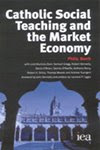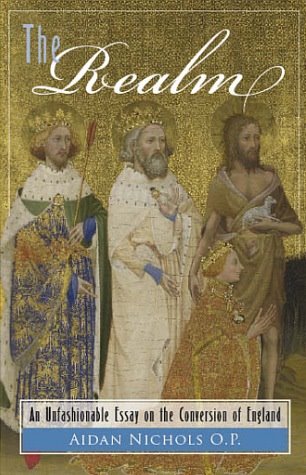Freedom is slavery
 Audacity in the service of hypocrisy is rare; we prefer not to advertise ourselves as frauds. When it happens, it is usually because we are too blind or complacent to see the incoherence of our position. And so it was with last Sunday's Melbourne Age.
Audacity in the service of hypocrisy is rare; we prefer not to advertise ourselves as frauds. When it happens, it is usually because we are too blind or complacent to see the incoherence of our position. And so it was with last Sunday's Melbourne Age.
The Age featured an editorial, envoking the authority of no less than St. Thomas More, and arguing that David Hicks incarceration without trial for five years is an assault on the rule of law. I don't dispute the point, though I can think of characters who deserve my concern more than Hicks.
But that is not the question here. My question is this: how can the Age, with a straight face, call upon the authority of a Thomas More when their whole philosophy of law, a philosophy that More would have rejected with vehemence, is the culprit here?
The philosophy of law is called legal positivism. In essence, this is the view that the law is simply what we declare it to be. As long as legal and/or democratic process is respected, any law or legal right can be manufactured, without regard to natural or divine law, which are held not to even exist.
A topical example is the hotly-disputed "right" to gay marriage, of which the Age is a leading supporter. No matter that the institution of marriage predates any legal system, and reaches back into prehistory. A legal "right" to gay marriage can be constructed irrespective. It's simply a matter of marshalling the numbers, and sufficient propaganda can achieve that. Any attempt by opponents to engage the issue on its merits is deflected by accusations of discrimination.
Underneath this reluctance to defend the concept of gay marriage on its merits (or reject it otherwise) is a deep refusal to concede that the law is subject to reason, nature or God (the source of reason and nature). The logical conclusion is that these manufactured rights cannot and need not be justified rationally. Instead, they are justified purely by the exercises of power that brought them about.
A polity that becomes infected with legal positivism is always on the verge of a slide into fascism. If the majority rules, and is unrestrained by any appeal to an external moral or intellectual standard, then anything goes - provided only that a majority can be marshalled for it.
Because if rights can be manufactured, why can't they can be destroyed as well? If a legal system decides, according to the law, to remove a right - oh, let's say, habeas corpus for terrorists - on what grounds can we complain? Aren't we being anti-democratic?
As so happens often, the two poles of a "debate" are united (and trapped) in their common assumption: the Age's assumption that rights can be created by legal fiat, without regard to natural or divine law, and the assumptions of the US Government that they can just as easily be withdrawn.
The Age thinks that its positivistic conception of law and rights is part of the solution. In reality, it is part (and a big part) of the problem. Those who think they can sip at the cup of legal positivism will find instead they must drink it to the last bitter dregs.
And with that realisation, the Age's quotation from A Man for All Seasons suddenly seems more menacing:
"This country's planted thick with laws from coast to coast, and if you cut them down … do you really think you could stand upright in the winds that would blow then?"
Take cover. There's a hell of a storm coming.





No comments:
Post a Comment